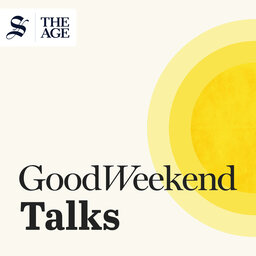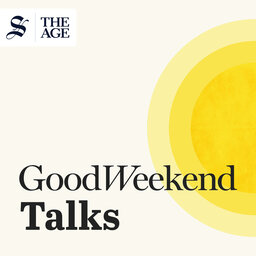Hannah Diviney on acting, ableist language and not having to always strive for amazing
On this week's episode, actor, author and advocate Hannah Diviney speaks about what it was like to call out Lizzo and Beyonce for ableist language, how she doesn't always love her disability, and the freedom to be found in not always needing to be awesome. Speaking with The Sydney Morning Herald culture writer Thomas Mitchell, Diviney also talks about her the new Australian film, Audrey.
 Good Weekend Talks
Good Weekend Talks



